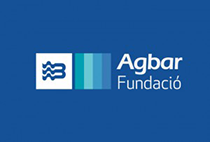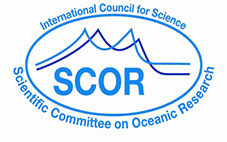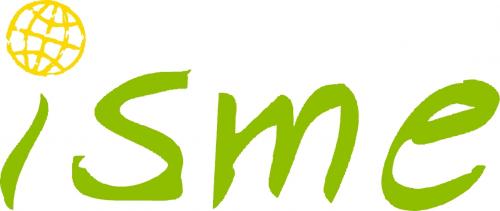Presentation of the edition
The Colloquium is inspired by the figure of Ramon Margalef (Barcelona, 1919-2004), who worked for many years at the Institut de Ciències del Mar and the University of Barcelona. He was one of the founders of modern ecology, broke old paradigms and contributed to science with innovative theories about the spatiotemporal structure of the ecosystems, the relations between diversity, biodiversity, stability and connectivity, the fundamental paper of energy in biological productivity and the interrelations between ecological succession and evolution. He recognized the importance of the physical environment to understand the behaviour of species and ecosystems. He wrote ca. 500 papers and books including, “On certain unifying principles in ecology”, “Perspectives in Ecological Theory”, “Information Theory in Ecology”, “Life-forms of phytoplankton as survival alternatives in an unstable environment” and “Our Biosphere”. Margalef was also an encouraging teacher and mentor. He recognized the importance of the physical environment to understand the behaviour of species and ecosystems.






